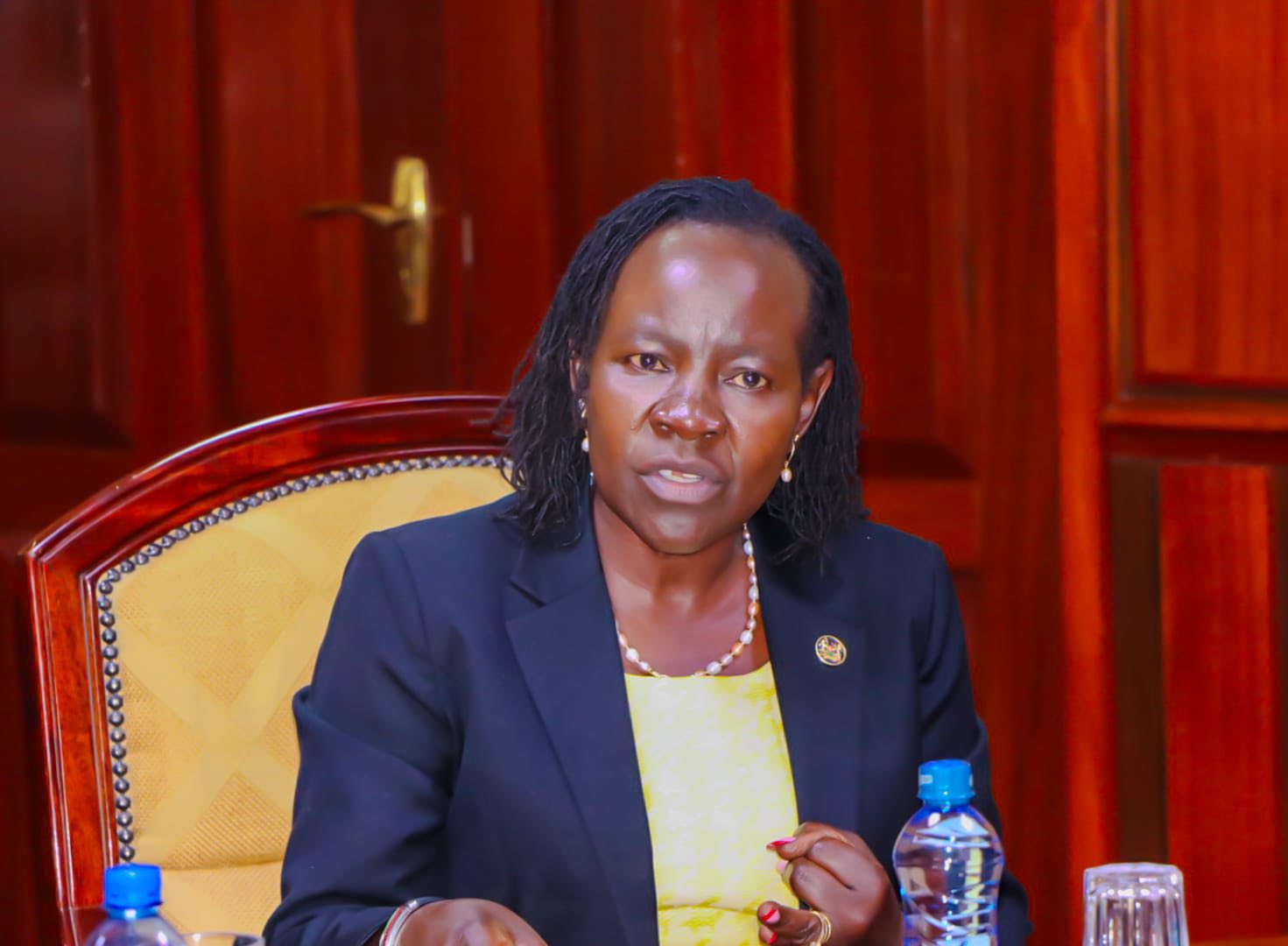The Samburu, Kenya Secondary Schools heads Association,(KESSHA), former chair, Abdikadir Ismail has dimissed the allegations made by the KESSHA national chair concerning the ASAL teachers TSC promotion.
“It is deeply troubling, disturbing and a total dismay, that the national Chairman of KESSHA has publicly criticized the quota system used by our employer, TSC, in promoting principals in ASAL (Arid and Semi-Arid Lands) areas as well as other school officials for equitable distribution of such available slots,” Abdikadir said.
He added that such a statement is not only unfortunate but also disrespectful, derogatory, belittling, total disregard and a mockery of the unique challenges faced by the schools in these regions; learners, teaching staff and the entire communities residing there.
The former Samburu Kessha boss reinstated that affirmative action plan that as well benefits a small section of the KESSHA’s membership, should not be dismissed without due consideration or understanding of the context or the complexity of the challenges the teachers on these regions face, as they execute their noble duty.
ALSO READ:
Teachers in ASAL areas deserve TSC promotions on affirmative action grounds, says KNUT
In a rejoinder release, Abdikadir said that,historically, the Kenya’s ASAL regions have grappled with significant disparities in as far as education are concerned, dating back to the colonial era. Such marginalized regions like Turkana, Samburu, and the North Eastern region, have for a long time, been underserved in terms of school infrastructure, teacher allocation, and resource distribution. Even after independence, the inequities have since persisted, leaving the ASAL areas lagging behind in terms education outcomes, compared to other parts of the country. The situation is dire and endemic to say the least.
“Today, to recap, for over 60 years of our independence, these challenges remain a stark reality; a chronic one that beg for quick intervention,” he said.
Abdikadir noted that,no matter the advancement in the education infrastructure in the country, these regions continue to experience chronic shortages of teachers and administrators due to the harsh living conditions caused by insecurity, and lack of basic social amenities and infrastructure, ranging from road network, water, electricity and poor communication network. In many instances, ASAL areas have become hubs and incubation ground, where teachers from other parts of the country are first recruited, only to seek transfers en masse shortly thereafter, to areas of their choice which they view as comfortable or conducive. The end result, we are left understaffed yet again and the cycle continues.
”This scenario undermines the continuity and quality of education. Turkana, Samburu, and North Eastern counties, vividly exemplify this unfortunate trend, where retaining skilled educators remains a formidable challenge, actually a mirage,” reads the rejoinder.
He also questioned the leadership in schools which, further underscores the need for affirmative action stating that shockingly, in some girls’ schools, male principals are still appointed despite the unique needs and expectations of such institutions. This highlights the persistent shortage of qualified and willing administrators in these areas, necessitating timely and targeted interventions like the famous “quota system” to address to persistent shortfall.
To fully clarify on the urgent need of teachers in ASAL areas, the former chair, said that,Globally, similar affirmative action policies exist to incentivize a cabal of teachers,Including their administrators, in order to comfortably accept to work in remote or volatile areas consequently delivering to children, in the underserved regions of the republic.
Saying that in Australia, rural teaching positions are incentived with financial bonuses and professional development opportunities, India, teachers working in remote tribal areas receive additional allowances and benefits, in terms of remuneration and the United States of America, programmes such as Teach for America focus on staffing schools in undeserved communities; often providing loan forgiveness incentives and career development opportunities to such teachers.
These policies are rooted in the universal understanding that equitable education access requires carefully tailored interventions, particularly for the marginalized regions, as well as motivating the staff dedicated to actualize such an initiative.
ALSO READ:
Let the Kenya Music Festival adjudicators exercise love in their judgement
The Kenya’s ASAL areas are no exception. Supporting teachers and administrators in these regions not only ensures equity but also goes a long way strengthening the entire education system.
To truly understand the realities on the ground, he extended a respectful invitation to the chair and his advisors to seek transfers and take up leadership roles in schools such as Engilae, Opiroi, Nachola, and Baragoi Boys in Samburu County to serve as an eye opener for them,admitting that these institutions exemplify the challenges faced by educators and administrators in ASAL areas and would provide invaluable firsthand insight into why affirmative actions are essential.
Abdikadir called upon the national KESSHA chair to consult widely and consider the unique challenges of the ASAL teachers adding that It is essential for KESSHA to remain true to its values and advocate for policies that promote justice, equity, and fairness across the board.
“While I have been a staunch supporter of the chair, in the past, I must respectfully take exception, here, to this awful particular statement I therefore urge the chair to consult widely and consider the unique challenges of ASAL areas before making such declarations in the future,” he said.
By Brian Ndigo
You can also follow our social media pages on Twitter: Education News KE and Facebook: Education News Newspaper for timely updates.
>>> Click here to stay up-to-date with trending regional stories
>>> Click here to read more informed opinions on the country’s education landscape






